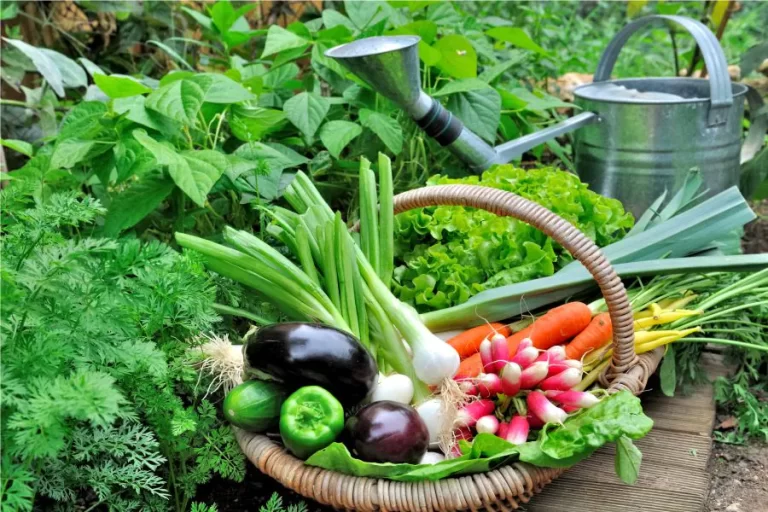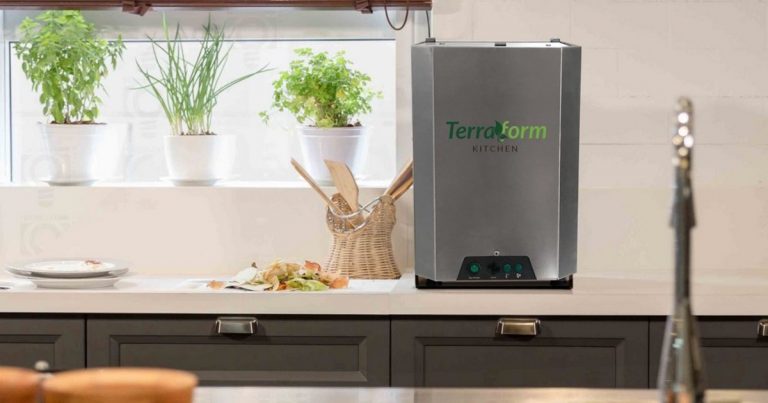Composting is an incredible technique that allows you to transform organic waste into valuable fertilizer for the soil. In addition to being simple and low-cost, the practice can even be done in small spaces, such as balconies or backyards. If you want to learn how to compost correctly, you're in the right place! Let's explore everything you need to know to start composting and enjoy all the benefits of this sustainable technique.

Demystifying Composting
Many people often think that composting is a complicated task or that it requires a lot of space. However, nothing could be further from the truth. Composting, when done well, is an accessible and low-cost process that can be done with little effort. Even in urban environments, such as apartments with small balconies, it is possible to compost and significantly reduce the amount of waste generated. In addition, composting can transform pruning waste from parks and gardens into excellent fertilizer for vegetable gardens and ornamental plants, contributing to reducing costs with transportation and disposal of organic waste.
Another common mistake is wasting food parts that could be reused, such as carrot and beet greens, peels and seeds. These leftovers are rich in fiber, vitamins and minerals that are essential for health. By reusing these foods and adopting composting practices, you not only improve your family's nutrition, but you also contribute to sustainability and care for the environment.
Suitable Materials
To start composting, it is essential to know which materials are suitable for the process. See the list of items that can be composted:
- Animal manure
- Various plants, pastures, herbs, green and dried bark and leaves
- Straws
- Kitchen scraps of animal or vegetable origin, such as eggshells
- Substances of animal or vegetable origin, such as hair, wool, and algae
Important Notes
It is essential that the materials used in composting are varied and chopped into small pieces. This speeds up the process and improves the quality of the compost. In addition, it is best to limit the amount of animal waste to avoid odors and problems in the composting process. Adopting a vegetarian diet can be a good step to reduce the amount of these wastes and improve the efficiency of composting.
Preparing the Compost Piles
Choosing the right location for your compost pile is crucial. Choose a location that is easily accessible, has good drainage and is available for water. It is recommended that you set up your pile in a shaded area that is protected from strong winds to prevent drying out.
Start by building your pile with a 6- to 8-inch layer of dry plant material, such as chopped leaves and twigs. This will help absorb excess water and allow air to circulate. After the first layer, water lightly to moisten the pile, but avoid soaking it.
Add a second layer of vegetable scraps, grass clippings, and manure. If you’re using cow manure, add about 2 inches. For chicken manure, which is higher in nitrogen, add a little less. Continue alternating layers of dry plant material and manure until the pile is about 5 feet tall. Keep the top of the pile nearly flat to conserve heat and moisture, and to prevent pools of water from forming.
The Role of Microorganisms
Composting is a natural process that involves a sequence of microorganisms, such as fungi, bacteria, protozoa, earthworms, and insects, that decompose organic matter. These microorganisms transform plant remains into humus, a nutrient-rich compost that improves soil quality.
In addition, composting provides additional benefits, such as:
- Reduction of the fiber content of the material, preventing “nitrogen fixation” that can cause deficiency of this nutrient in plants
- Destruction of seeds of invasive plants and pathogens that can cause disease
- Degradation of growth-inhibiting substances present in non-composted straw
These positive effects not only improve soil health, but also promote a more favorable environment for plant growth.
Benefits for the Environment
Composting offers multiple environmental benefits, making it an essential practice for sustainability. By transforming organic waste into fertilizer, you reduce the amount of waste that goes to landfills and reduce greenhouse gas emissions. In addition, the compost produced improves soil quality and reduces the need for chemical fertilizers, which can have negative impacts on the environment.
By composting at home, you are helping to reduce your ecological footprint and promote a sustainable nutrient cycle. What’s more, composting can be an educational and rewarding activity, allowing you to see the tangible results of your efforts in the form of rich, healthy soil for your plants.
With these steps and information, you’re ready to begin your composting journey. Turn your organic waste into a valuable resource and help protect the environment with this simple and effective practice. Happy composting!
Check out other interesting facts about recycling clicking here.
Learn how to make art by recycling, Click here.




very good! thank you!